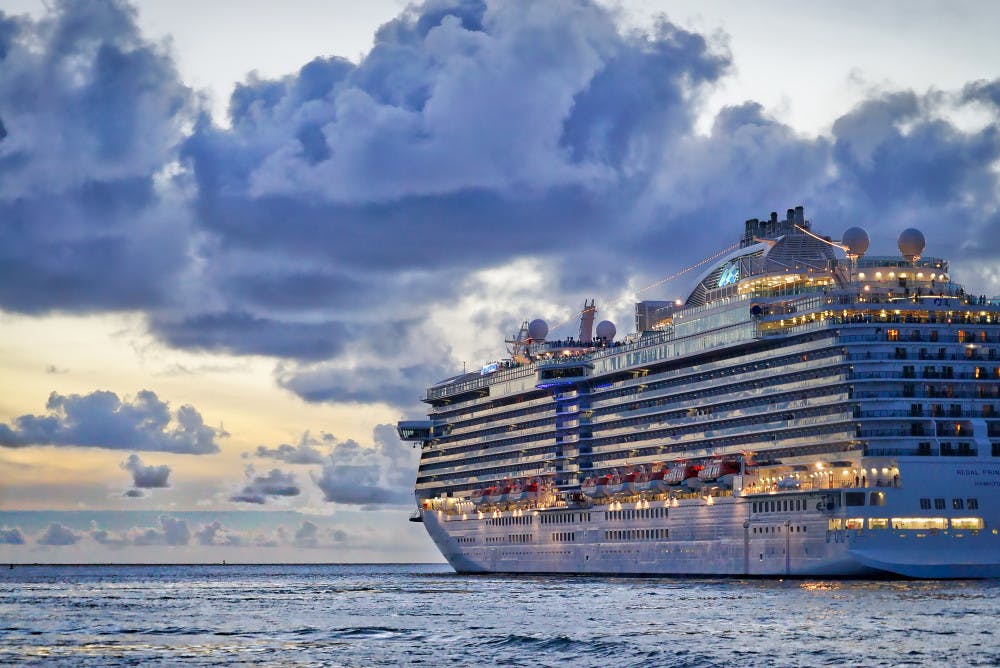Viviana Moreno thought if she ever visited Cuba, it would be on a cruise. That won’t be happening for a while.
When Moreno learned of the new regulations through social media, the 20-year-old UF journalism senior could not help but feel a deep sorrow for the people affected.
“I have never traveled to Cuba, but I think about those who gained hope with the arrival of travel to Cuba and were able to acquire jobs because of it,” Moreno, who is of Cuban and Chilean heritage, said. “Now that’s being ripped away. I feel a lot when I think of my Cuban people.”
Nina Hodges, a 19-year-old UF international studies senior, was in Havana as part of her UF in Cuba study abroad experience at the time the ban was announced. She said people on the island appeared to know about the restriction ahead of time.
“The Cuban people had rumored the ban a few days before it actually happened,” Hodges said. “They were worried and stressed.”
Hodges shares Moreno’s thoughts that the ban intends to isolate the country economically.
“Tourism is Cuba’s largest portion of their economy,” Hodges said. “I think [the ban] will only make the Cuban people worse off financially.”
Cruises brought 142,721 people in the first four months of 2019 after former President Obama restored diplomatic ties with Cuba in 2016, which loosened travel restrictions.
Carlos Suárez Carrasquillo, a political science professor at UF, said he is unsure of what will happen because the new policy was imposed without warnings. All that is being said in the meantime are speculations, he said.
Cuba’s private sector has been hurt, but what could be argued is whether the Trump administration had already planned a process to implement the new restriction, Suárez Carrasquillo said.
“To be frank, I see that Trump has tried to cultivate a base with the Cuban American community as part of a greater effort where he’s probably ambitious or thinks that doing this will assist him in re-election in some capacity,” Suárez Carrasquillo said.
Trump is expected to announce his second-term presidential run at a Florida rally on Tuesday. What this means for Cuba will remain uncertain until the 2020 elections, Suárez Carrasquillo said.
“You could argue that for the past two years a radical step was not taken from what Obama did with Cuba, but now it is,” he said. “Now, the classic question — at least for me — is ‘why now?’”






